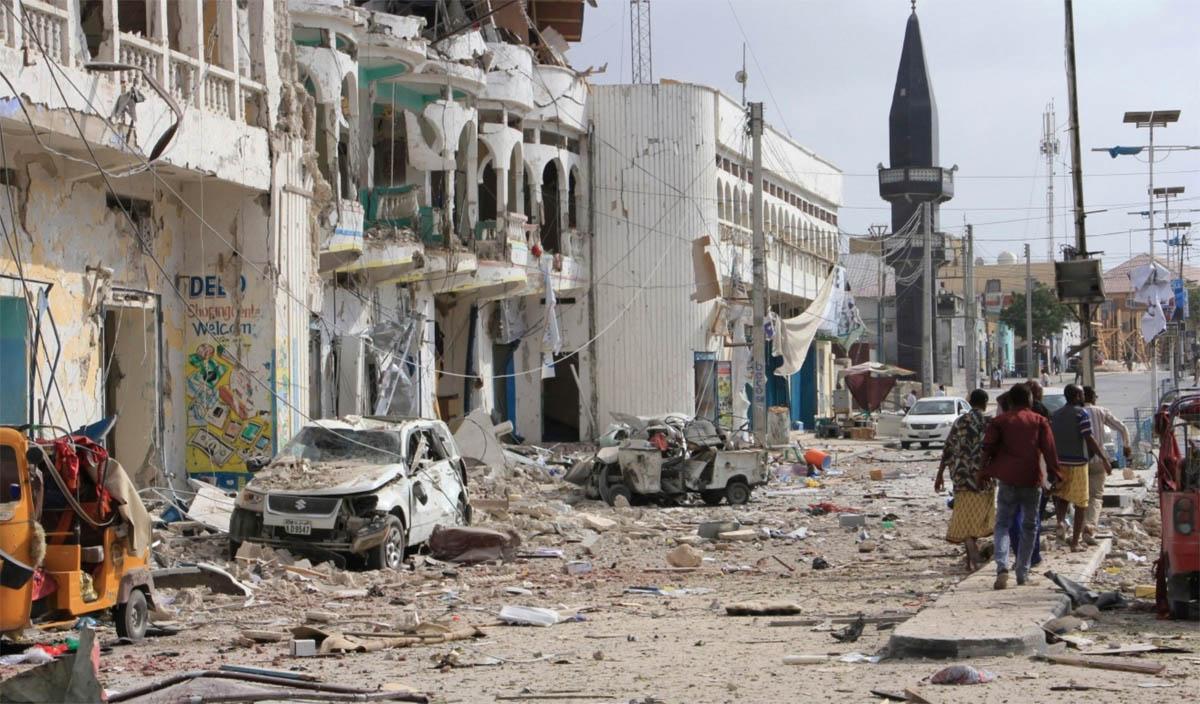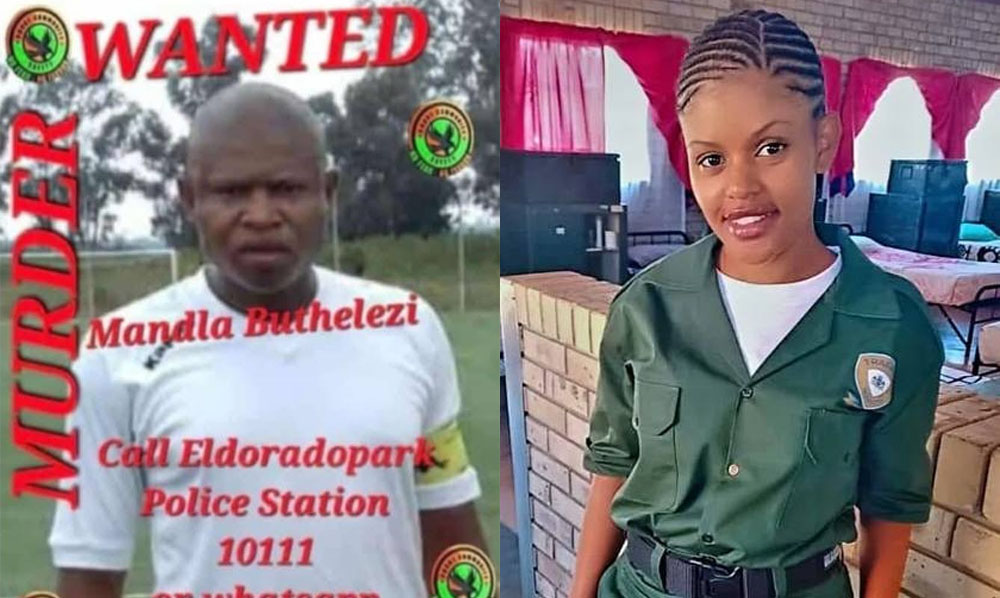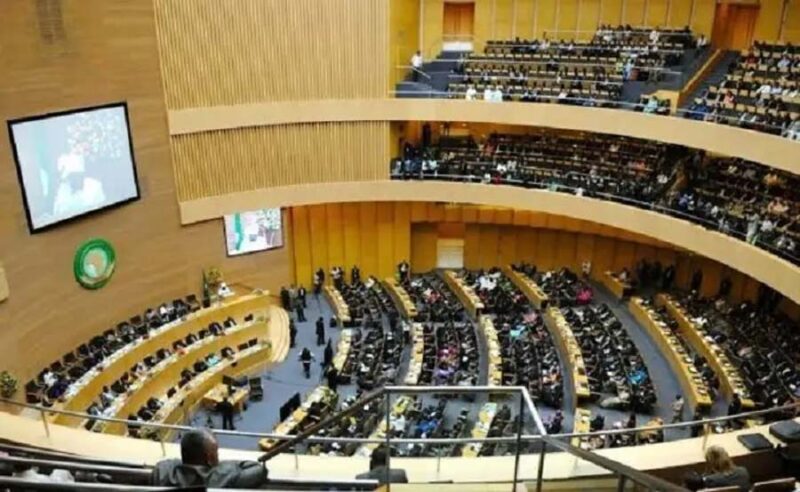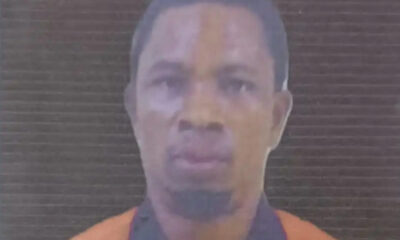Africa
Death toll in Mogadishu beach bomb attack rises to 37

Death toll in Mogadishu beach bomb attack rises to 37
A devastating attack occurred at the weekend in a bustling beach in Mogadishu, Somalia, resulting in the death of 37 individuals and injuring numerous others.
This incident marks one of the most deadly assaults in the region in recent months.
The militant group Al-Shabaab, affiliated with Al-Qaeda, has been waging a long-standing insurgency against Somalia’s federal government for over 17 years.
They have previously targeted the Lido beach area, which is frequented by businesspeople and government officials.
Survivors of the attack recounted the harrowing events, describing how gunmen stormed the beach following a suicide bombing, intent on causing maximum casualties.
Disturbing videos shared online depicted the aftermath, with bloodied bodies scattered across the sand.
Somali Health Minister Ali Haji Adam confirmed the casualty figures in a statement on Saturday. He reported that 11 individuals are in critical condition, 64 remain hospitalized with serious injuries, and 137 with minor injuries have been treated and discharged.
The attack, for which Al-Shabaab claimed responsibility, began late on Friday. A suicide bomber detonated an explosive device, followed by armed gunmen storming the area. Officer Mohamed Omar stated that the attackers randomly shot civilians. Security forces eventually neutralized the threat, killing five gunmen, while a sixth detonated an explosive device on the beach.
READ ALSO:
- CSOs condemn disruption of Internet during hunger protest
- US urges citizens to leave Lebanon on ‘any available ticket’
- Riot in UK after killings, police van burnt
Police spokesperson Abdifatah Adan Hassan emphasized that the attack demonstrated Al-Shabaab’s willingness to target not just government officials and soldiers but ordinary civilians as well.
Witnesses described the chaos as the explosion occurred amidst a large crowd, followed by the arrival of armed men who began shooting indiscriminately. Survivors recounted their experiences, with one describing the loss of a close friend and another detailing the horrific scene of blood and human remains.
Hospitals urgently appealed for blood donations to help treat the influx of wounded. Mahad Abdiaziz Ibrahim, a volunteer donor, stated that donating blood was the best way he could contribute to helping those in need.
President Hassan Sheikh Mohamud announced an emergency meeting with key security officials to address the situation. Prime Minister Hamza Abdi Barre condemned the attack as a “barbaric atrocity” contrary to the nation’s values.
Al-Shabaab has a history of orchestrating bombings and attacks in Mogadishu and other parts of Somalia. The group has claimed responsibility for numerous previous incidents, including a deadly siege at a beachside hotel in 2023 and a car bomb attack at a cafe last month.
The international community, including the African Union and the United Nations, has condemned the attack, expressing condolences and calling for firm action against such atrocities.
Death toll in Mogadishu beach bomb attack rises to 37
AFP
Africa
Niger’s president faces fire at home over attack on Nigeria

Niger’s president faces fire at home over attack on Nigeria
Niger’s President Abdourahmane Tchiani is facing a backlash of criticism from his fellow countrymen following his recent allegation of a conspiracy by Nigeria against his country.
Tchiani in a Christmas Day interview claimed, among other things, that Nigeria had provided a base for French soldiers near Lake Chad had established training camps for terrorists in Sokoto, Zamfara and Kebbi states, all aimed at destabilising Niger.
The Federal Government has dismissed the allegations as baseless, with National Security Adviser Nuhu Ribadu and Special Adviser to the President on Policy Communication, Daniel Bwala, being the latest government official to debunk the claims.
Many Nigerien citizens reacting on social media to Tchiani’s claims against Nigeria say there is no credibility whatsoever in the allegations.
Some of them are of the view that the Nigerien leader was only looking for an excuse to hang his failure in office on after 17months of ousting his predecessor, Mohamed Bazoum, in a palace coup.
One Nigerien critic even alleged that loyalists of the Niamey military regime are under instruction to spread falsehood that France in collaboration with Nigeria and other neighbouring countries plans to invade Niger.
A Nigerien commentator, Maidalili Namu, spoke of alleged frustration of the Tchiani regime to stabilise the country as they promised to do after deposing Bazoum.
Namu claimed on Muduba Mugani podcast that the country is being ruined by those he branded 16 generals.
“You have been in power for 17 months, confined to the villa and fed with false information that clouds your judgment,” PR Nigeria quoted Namu as saying of Tchiani in a video recording.
READ ALSO:
- Israel attacks: UN warns humanitarian disaster in Yemen may get worse
- Wike: My fallout with Secondus was his opposition to Fubara
- Bashar Assad relatives while trying to fly out of Lebanon
Namu also accused the Nigerien strongman of fostering animosity both regionally and internationally, sowing seeds of discord with Niger’s neighbors and other nations.
He said: “When it was announced that you would address the nation at 8 pm on December 25, 2024, in Hausa, Zabarma and French, the prevailing rumour was that your speech would lack originality, filled only with the usual condemnation of France, ECOWAS, Nigeria and others as our adversaries.
“Some even wagered that they would give goats or cash if you didn’t mention France in your address.
“Nigeriens are fed up with your repetitive statements that yield no progress.
“What is most frustrating is that you vindicated their predictions. Some even began to tally how many times you mentioned France, Nigeria and ECOWAS, suggesting they are conspiring to destabilise Niger.
“You have accused numerous countries, both within and outside Africa, of undermining Niger, leading some to question your mental fitness for leadership.
“Your diplomatic failures are evident. You have insulted numerous leaders from various countries, implicating at least 20 nations in a conspiracy against Niger, many of whom we have no direct relations with.
“The real issues affecting Nigeriens—economic hardship, insecurity, unemployment, fuel scarcity and the rising cost of living—were overlooked.
“Instead, we heard the same old narrative of external threats and unfounded claims of terrorist camps supervised by the French.
“You asserted that camps have been established for training terrorists in Burkina Faso and Niger—concluding that by the end of 2024, at least 400 terrorists will be trained under French supervision.
“If you possess accurate information about these camps, why do you not coordinate efforts to dismantle them instead of using this information merely as a talking point?
“You must recognise that none of the leaders you’ve insulted have retaliated; you have disparaged leaders from countries like Tanzania, Mauritania, Chad and others. If your assertions hold any truth, how can we possibly survive more than 24 hours amidst the threats you mention?
Niger’s president faces fire at home over attack on Nigeria
THE NATION
Africa
South African woman shot dead by her police officer boyfriend on Christmas Day

- Lagos Imam to Tinubu: You haven’t disappointed us
- Ronaldo, Vinicius, Yamal win big at 2024 Globe Soccer Awards [Full list of winners]
- Vinicius should have won Ballon d’Or, not Rodri – Ronaldo
South African woman shot dead by her police officer boyfriend on Christmas Day
Africa
ECOWAS refutes claims linking Nigeria to terrorism sponsorship

ECOWAS refutes claims linking Nigeria to terrorism sponsorship
The Economic Community of West African States has expressed concern over allegations directed at Nigeria and other member states, accusing them of sponsoring terrorism.
The commission in a statement on Thursday rejected the claims, describing them as unfounded and contrary to Nigeria’s longstanding commitment to regional peace and security.
It highlighted Nigeria’s leadership in the Multinational Joint Task Force, which had achieved significant successes in combating terrorism and maintaining stability in the West African region.
It stressed that Nigeria’s contributions extended beyond the subregion, underscoring the country’s role as a pillar of peace on the African continent.
ECOWAS refuted any suggestion that Nigeria, known for its generosity and dedication to stability, could be linked to terrorism sponsorship.
The commission urged all states in the region to prioritize dialogue and cooperation, calling for an end to baseless accusations that could undermine unity and peace efforts.
“The commission stands firmly with Nigeria and other ECOWAS member states against allegations that they are sponsoring terrorism.
“For years, Nigeria has supported the peace and security of several countries not only in the West African subregion but also on the African continent.
“ECOWAS therefore refutes any suggestion that such a generous and magnanimous country would become a state-sponsor of terrorism.
“ECOWAS calls on all states in the region to promote dialogue and stability and refrain from making accusations that are not supported by any evidence,” the statement read.
ECOWAS refutes claims linking Nigeria to terrorism sponsorship
-

 Africa3 days ago
Africa3 days agoNiger’s president faces fire at home over attack on Nigeria
-

 International3 days ago
International3 days agoBashar Assad relatives arrested while trying to fly out of Lebanon
-

 Opinion3 days ago
Opinion3 days agoTinubu’s Buharization of NNPC By Farooq Kperogi
-

 Politics1 day ago
Politics1 day agoGbajabiamila speaks on his rumoured Lagos governorship ambition
-

 metro1 day ago
metro1 day agoFarotimi to pursue disbarment over arrest, defamation allegations
-

 metro2 days ago
metro2 days agoWe’re not aware of VeryDarkMan’s missing N180m — Police
-

 metro2 days ago
metro2 days agoNDDC empowers Niger Delta young entrepreneurs with N30bn
-

 metro3 days ago
metro3 days agoFG pays N1.1bn professional fees to Afe Babalola, other top lawyers – Report







